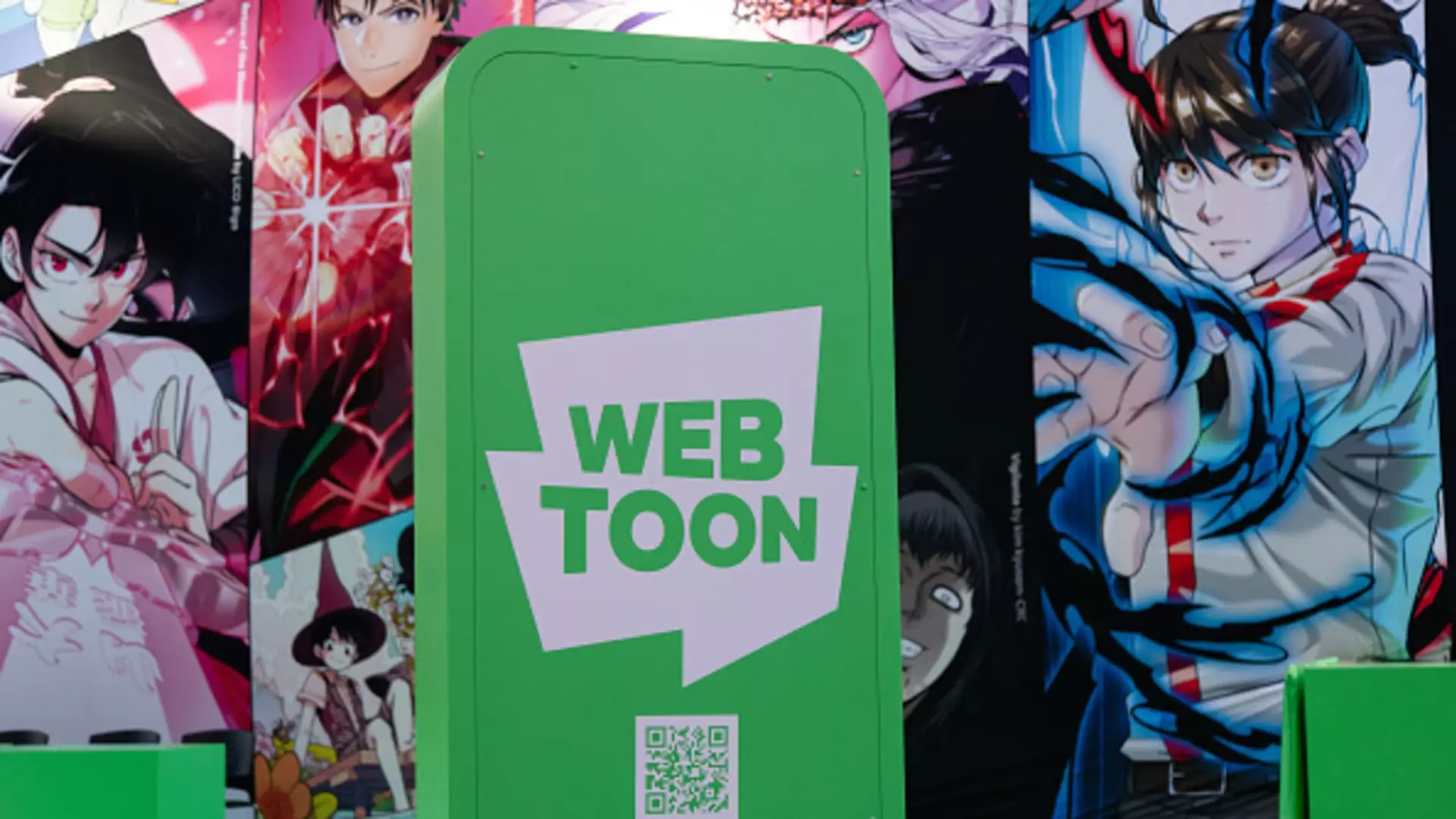Webtoon Entertainment’s recent stock surges and its promising partnership with Disney seem to exemplify the allure of short-term hype in the digital comic industry. A 38% spike, driven by a deal to create a Disney-centric digital comic platform, might look like a bullish signal. However, beneath this impressive price movement lies a fragile foundation built on unproven assumptions. The excitement may be justified as a sign of Webtoon’s rising prominence, but it also exposes the risk of overvaluing a business model that relies heavily on one-time deals and big-name partnerships. Investors need to be cautious, recognizing that such rapid appreciation often outpaces the company’s actual sustainable growth.
Dependence on Content Giants: A Double-Edged Sword
Partnering with Disney, arguably one of the largest and most influential media conglomerates globally, appears as a masterstroke—but it might actually be a double-edged sword. While tying up over 35,000 Disney-related comics—including Marvel, Star Wars, Pixar, and 20th Century Studios—could boost Webtoon’s credibility and reach, it also locks the company into a dependence on a handful of major IPs. Relying heavily on such content exposes Webtoon to significant risks should Disney shift strategies or prioritize its own distribution channels, potentially leaving Webtoon stranded with limited growth avenues outside this partnership. A true long-term strategy should involve diversifying content sources rather than banking on one powerhouse.
The Illusion of Industry Validation and the Reality of Investment Needs
Industry analysts like Benjamin Black commend the move as a “material expansion” of Webtoon’s ecosystem, but such praise overlooks the substantial investments necessary to realize this vision. Morgan Stanley’s skepticism remains relevant: the deal might not immediately benefit Webton’s earnings, as building the new platform demands significant capital expenditure. This reality underscores a often-overlooked aspect of tech-driven companies—growth is rarely without cost. The illusion of a smooth revenue pipeline, bolstered by Disney’s IP, masks the ongoing need for investment, innovation, and user base expansion. While the recent share price rally undoubtedly reflects market optimism, genuine profitability will depend on how well Webtoon navigates these challenges over time.
Overhyped Market Perception and the Risk of Monoculture
The recent surge in Webtoon’s stock, which has more than doubled over three months, exemplifies a trend of overenthusiasm conditioned by fleeting headlines and prominent partnerships. Such a narrative fosters a monoculture dependent on mainstream IPs, which could stunt true creative diversity and innovation. The company’s focus on scaling its English-speaking user base, while promising, remains vulnerable to shifting consumer tastes and competitive pressures. This overreliance on dominant franchises échoes broader concerns about media consolidation—a model where a few giants dictate content, squeezing out smaller creators and risking content quality and variety.
Webtoon’s meteoric rise in valuation should serve as a warning sign that markets may be overestimating the durability of dependency on blockbuster deals. The real test lies in whether Webtoon can innovate independently, diversify its portfolio, and sustain revenue streams beyond echo chambers of corporate alliances. Until then, market enthusiasm risks blinded optimism that ignores the underlying structural vulnerabilities of the company’s model.

